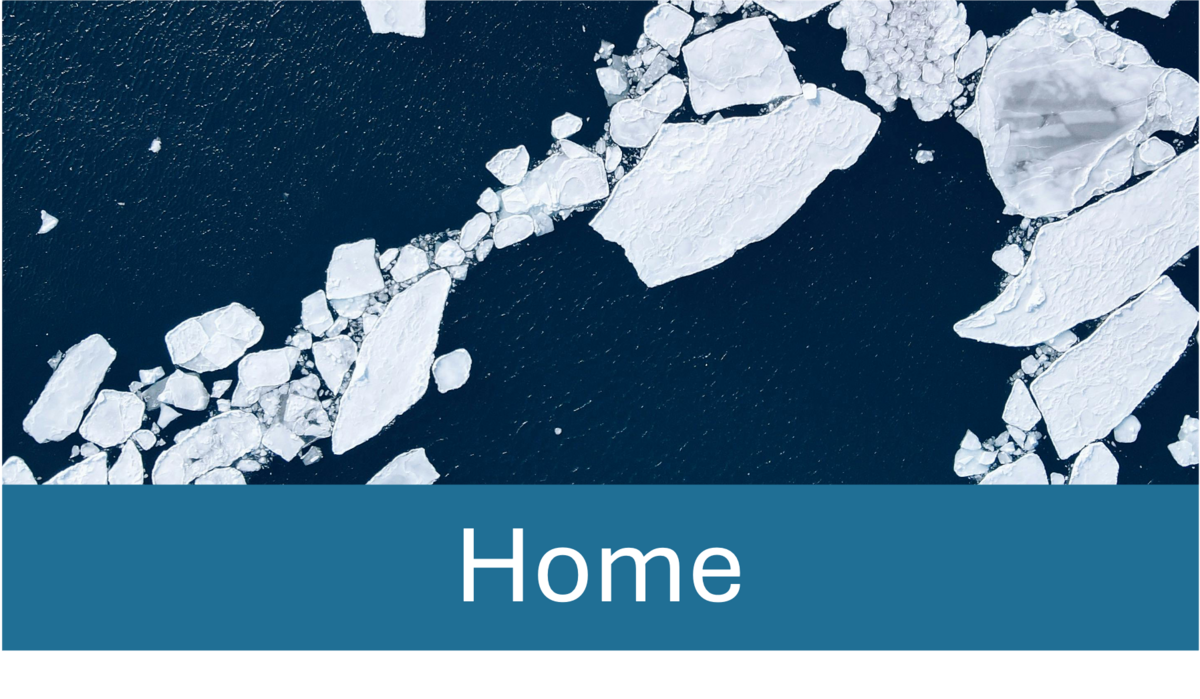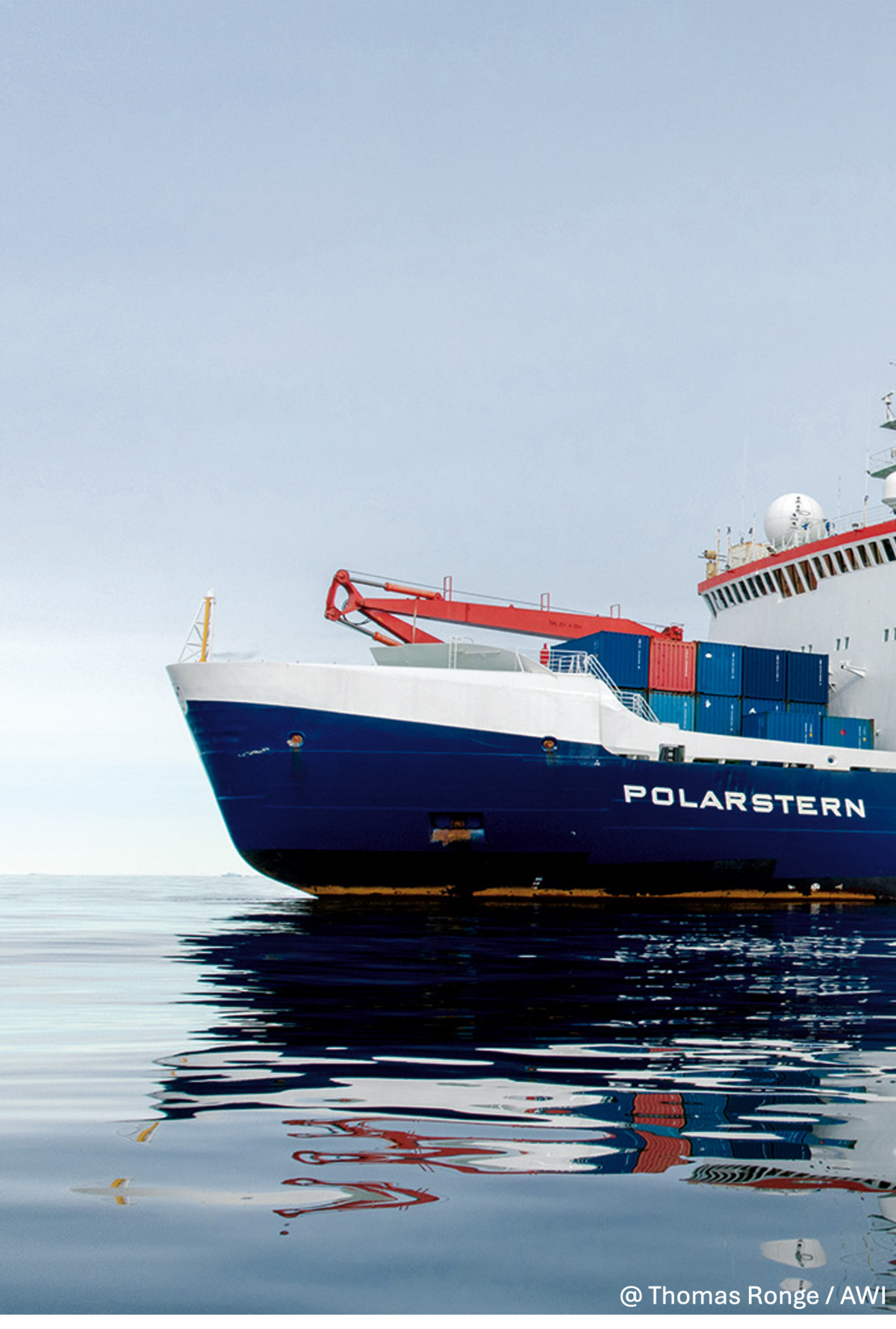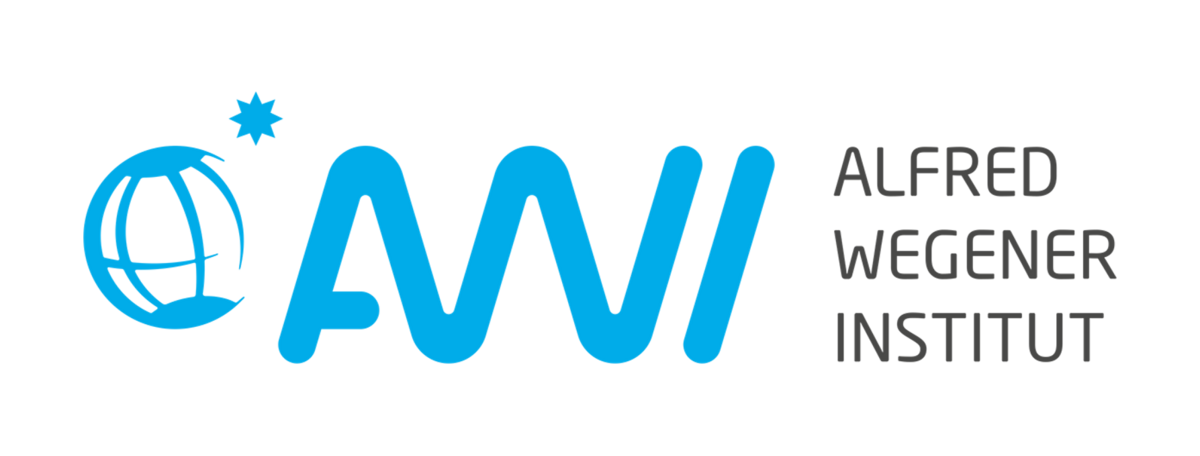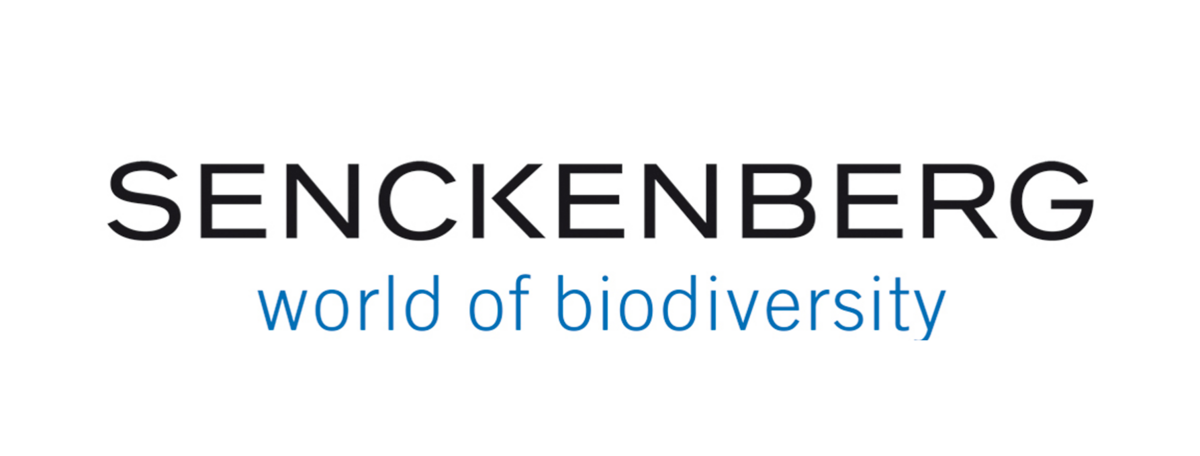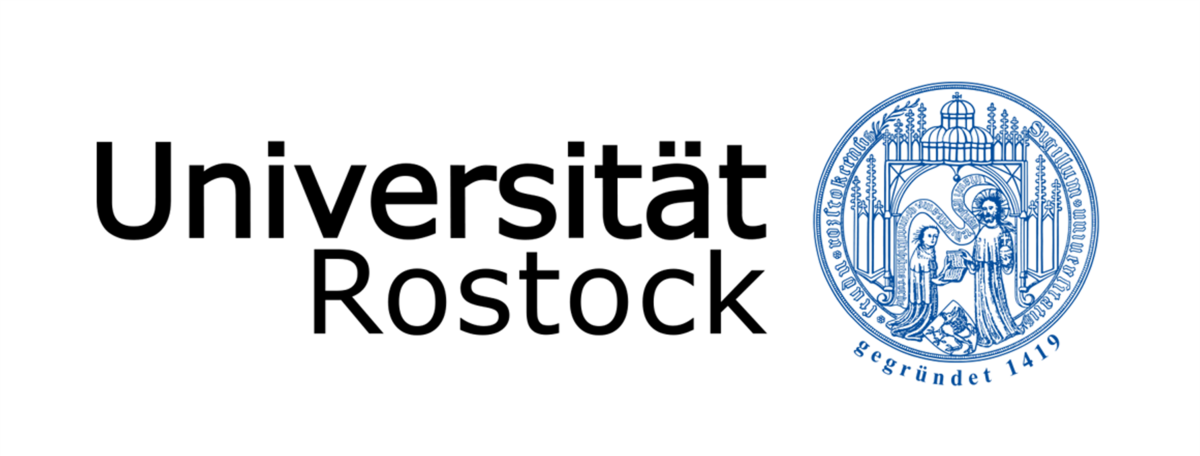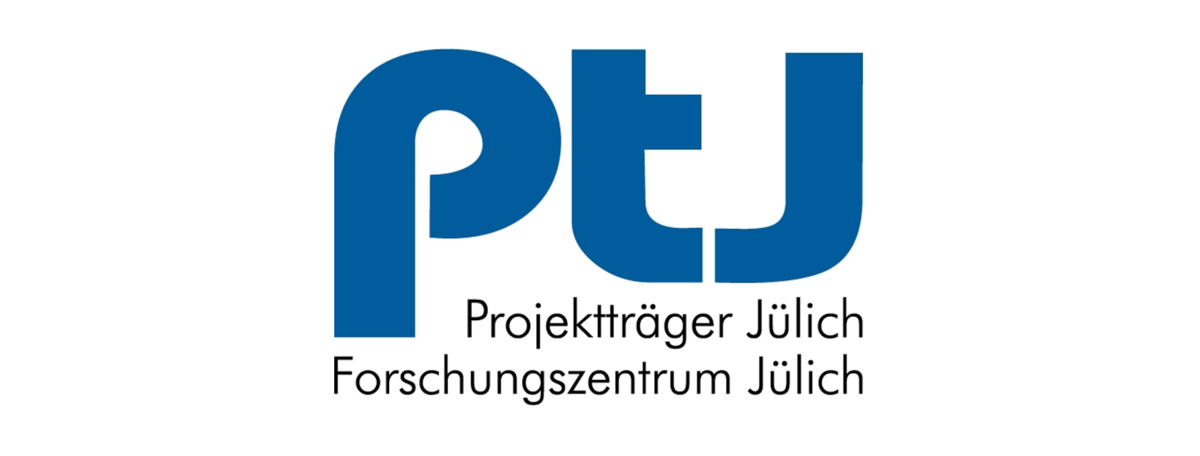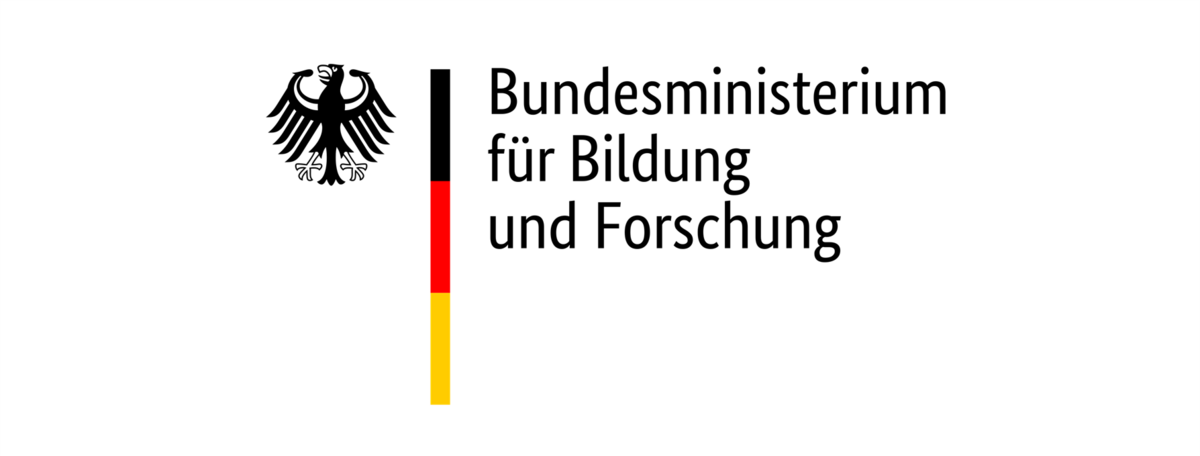Contact
Dr. Heike Link
Institute of Bioscience
University of Rostock
Tel: +49(0)381 498-8921
heike.link(at)uni-rostock.de
From biodiversity to ecosystem functions: opportunities for integrating the seabed into marine protected area (MPA) management
The biodiversity and ecosystem services of the oceans are important resources. The Southern Ocean, in particular, is under increasing pressure as a result of climate change. Therefore, international efforts are being made to sustainably manage and protect this unique ecosystem, including protecting it from fishing pressure. In the Weddell Sea, the role of smaller seabed organisms (benthic meiofauna and macrofauna) in providing ecosystem services is still largely unknown. This knowledge is currently lacking in the planning of marine protected areas (MPAs).
The BEnToolsMaPs project will generate knowledge about the effects of human activities on the structure and function of the seabed, making it available to inform decision-making and the sustainable management of carbon storage and ecosystem services.
Researchers from the Alfred Wegener Institute (Bremerhaven), Senckenberg am Meer (Wilhelmshaven) and the University of Rostock are working on
(1) the first comprehensive description of the biodiversity of sediment-dwelling meiofauna and macrofauna;
(2) applying modern techniques to accelerate and improve analyses;
(3) quantifying ecosystem functions and services;
(4) creating maps for marine spatial planning; and
(5) integrating this knowledge into MPA planning to protect benthic habitats in various regions of the Weddell Sea.
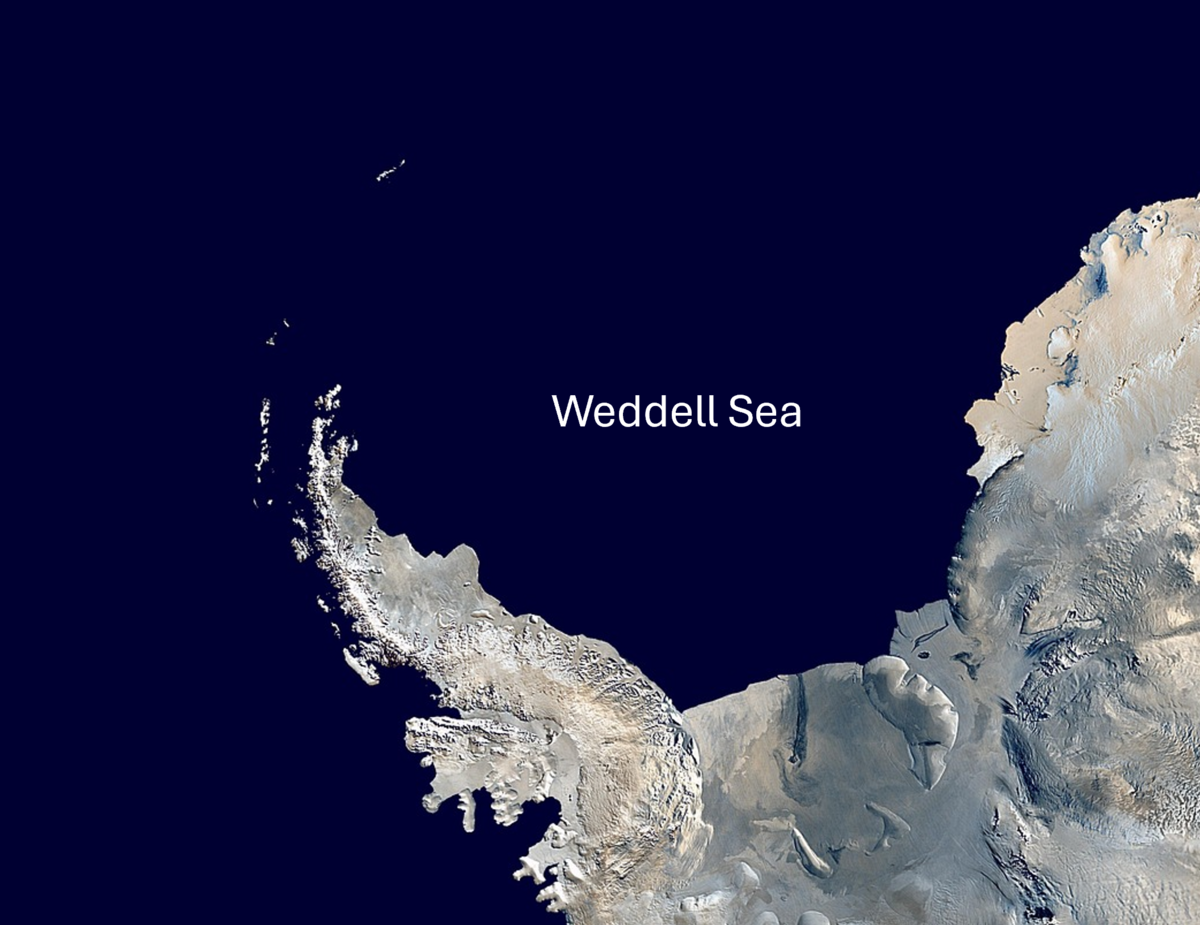
Teilvorhaben BEnToolsMaPs-Fun
The BEnToolsMaPs-Fun subproject addresses scientific and technical work objectives.
- It aims to provide a fundamental description of biodiversity, from benthic meiofauna to macrofauna, in the shelf and slope habitats of the Weddell Sea under different climate regimes.
The project aims to:
(a) close knowledge gaps regarding species diversity among small animals in the Weddell Sea;
(b) investigate the co-occurrence of taxa in sediment communities (macrofauna); and
(c) understand how anthropogenic environmental changes may influence biodiversity patterns, community composition and interactions, both now and in the future.
- The project also aims to understand ecosystem functions in sediments of the Weddell Sea.
The objectives are to: (a) determine transport rates of particles and dissolved substances to create an adapted vertical model; (b) estimate potential bioturbation of microplastics based on model results; (c) identify key taxa and functional groups for bioturbation; and (d) evaluate relationships between transport processes, key taxa and the carbon cycle under different environmental conditions.
- The aim is to transform knowledge about the meiofauna and macrofauna of the seabed in order to protect biodiversity and integrate it into MPA initiatives.
As the consortium coordinator, BEnToolsMaPs-Fun will collaborate with partners to develop actionable recommendations for integrating seabed ecosystem functions with stakeholders. This will be achieved within the framework of the Biology of the Blue Ocean stakeholder dialogue and the Commission for the Conservation of Antarctic Marine Living Resources (CCAMLR). The project will also combine knowledge of biodiversity and the carbon cycle with spatial modelling to generate maps of ecosystem characteristics in specific shelf and slope regions of the Weddell Sea (WS) to meet the needs of the CCAMLR.
Project Partners
Funded by
Projektförderung: Bundesministerium für Bildung und Forschung (BMBF)
Projektzeitraum: 01.09.2024 – 31.08.2027
Förderkennzeichen: 03F0977C


